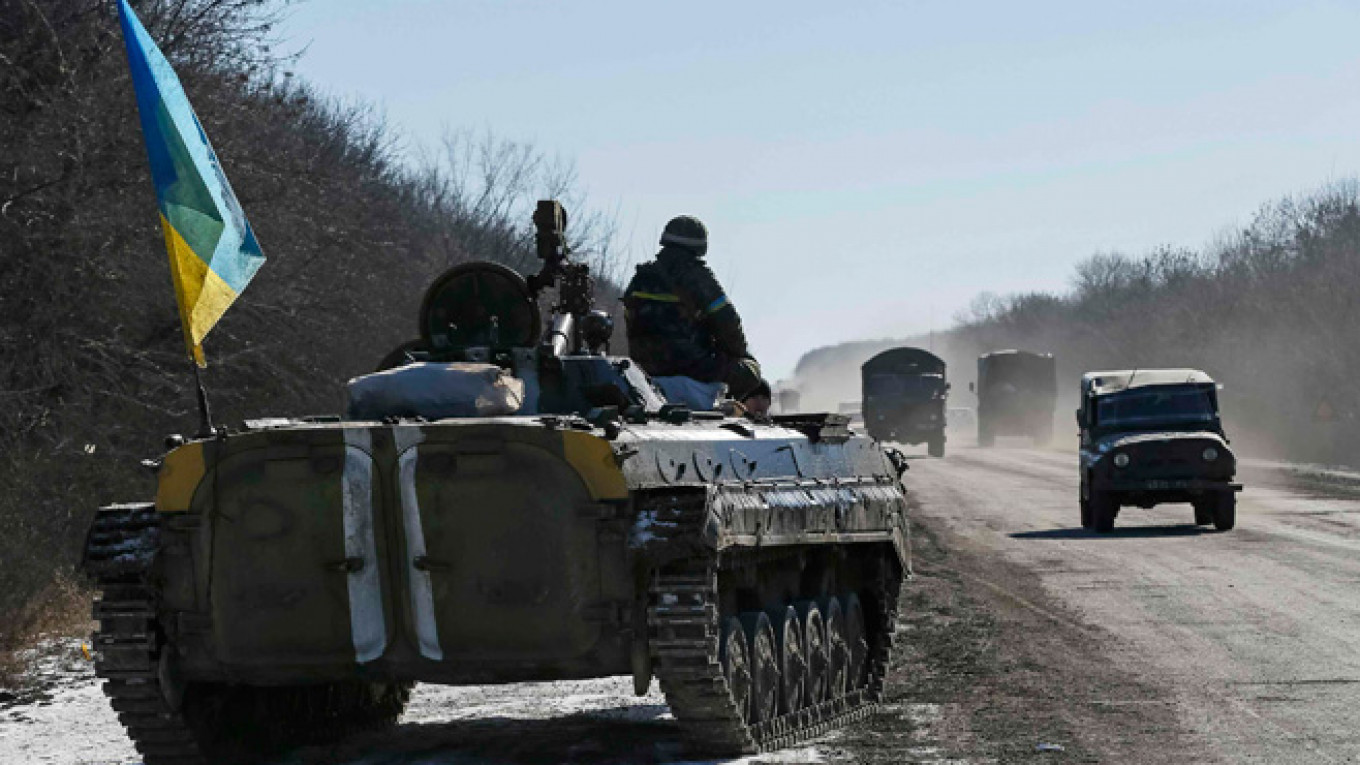Sometimes it can be difficult to keep up with all the requirements that come with being a foreigner living in Russia. In order to extend my residency status here, the newest hoop I had to jump through involved taking a series of tests at a university to show my knowledge of Russian history, law and language. It was necessary to sign up in advance and the whole process of getting in actually took much longer than the test itself due to the large number of people.
The first auditorium we gathered in held about 100 people and was nearly full.
There were only two women there to give instructions and take the necessary documents from each person. Those applying for citizenship were called up first, followed by those such as me who are at various stages of receiving and extending residency. Last were those needing work permits.
There was quite a mix of different nationalities, but Ukrainians were clearly the largest group there. A few of them identified themselves as refugees, a reminder of the conflict under way across the border to the south.
There was, in fact, a question on the history test concerning the annexation of Crimea last year.
It was really alarming to hear the recent statements by various U.S. officials promising to send lethal weapons to Ukraine. This would only escalate the death toll.
Luckily, the United States is pretty much alone in pushing for this, as European governments have refused to do so, knowing that they would be more directly affected than the United States, half a world away.
It is hard to find recent examples of the United States committing resources to overthrowing a regime and then leaving that country better off. The hard work of building comes after the last shots have been fired. That isn't the only lesson from history we seem to be ignoring.
What is happening in Ukraine is a civil war and it is terrible. In a proxy war, when we talk about "pro-Russian separatists" in eastern Ukraine or a "pro-American government" in Kiev, "pro-Russian" does not mean "Russian," nor does "pro-American" mean "American." Yes, there are Russians and Americans in Ukraine, but if we send lethal weapons there the main result will be more Ukrainians killing each other.
That is what civil war is. I have heard many stories of Ukrainian and Russian families divided by their views on the war. It is heart wrenching to hear from Russian friends about relatives unable to get out of the war zone surrounding their homes.
Like many here, when the protests in Kiev began at the end of 2013, I had hope that Ukrainians would be able to somehow reform the corrupt government and it would lead to something better.
Most of the world, however, only seemed to begin paying attention after the violent culmination of those protests led to the quick formation of a new government and the later annexation of Crimea by Russia.
At the time, comments from Moscow that the new government in Kiev should listen to those living in eastern Ukraine went largely ignored. That doesn't sound like democracy to me.
The United States should think very hard about further involvement in Ukraine. Sending more guns will not lead to peace and will only make this bloody civil war even more violent.
Nathan Eyre is a Moscow-based teacher and translator.
A Message from The Moscow Times:
Dear readers,
We are facing unprecedented challenges. Russia's Prosecutor General's Office has designated The Moscow Times as an "undesirable" organization, criminalizing our work and putting our staff at risk of prosecution. This follows our earlier unjust labeling as a "foreign agent."
These actions are direct attempts to silence independent journalism in Russia. The authorities claim our work "discredits the decisions of the Russian leadership." We see things differently: we strive to provide accurate, unbiased reporting on Russia.
We, the journalists of The Moscow Times, refuse to be silenced. But to continue our work, we need your help.
Your support, no matter how small, makes a world of difference. If you can, please support us monthly starting from just $2. It's quick to set up, and every contribution makes a significant impact.
By supporting The Moscow Times, you're defending open, independent journalism in the face of repression. Thank you for standing with us.
Remind me later.






